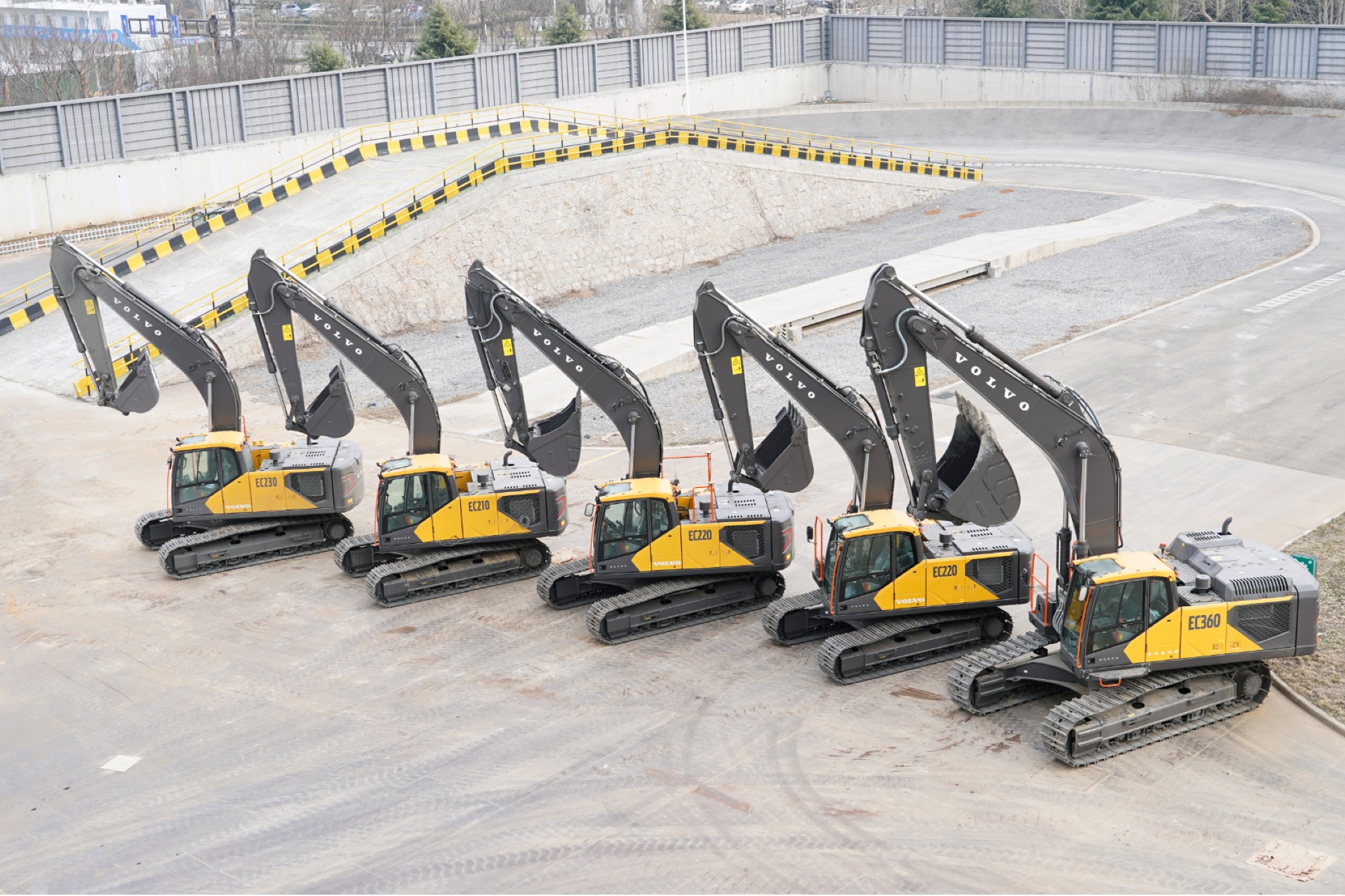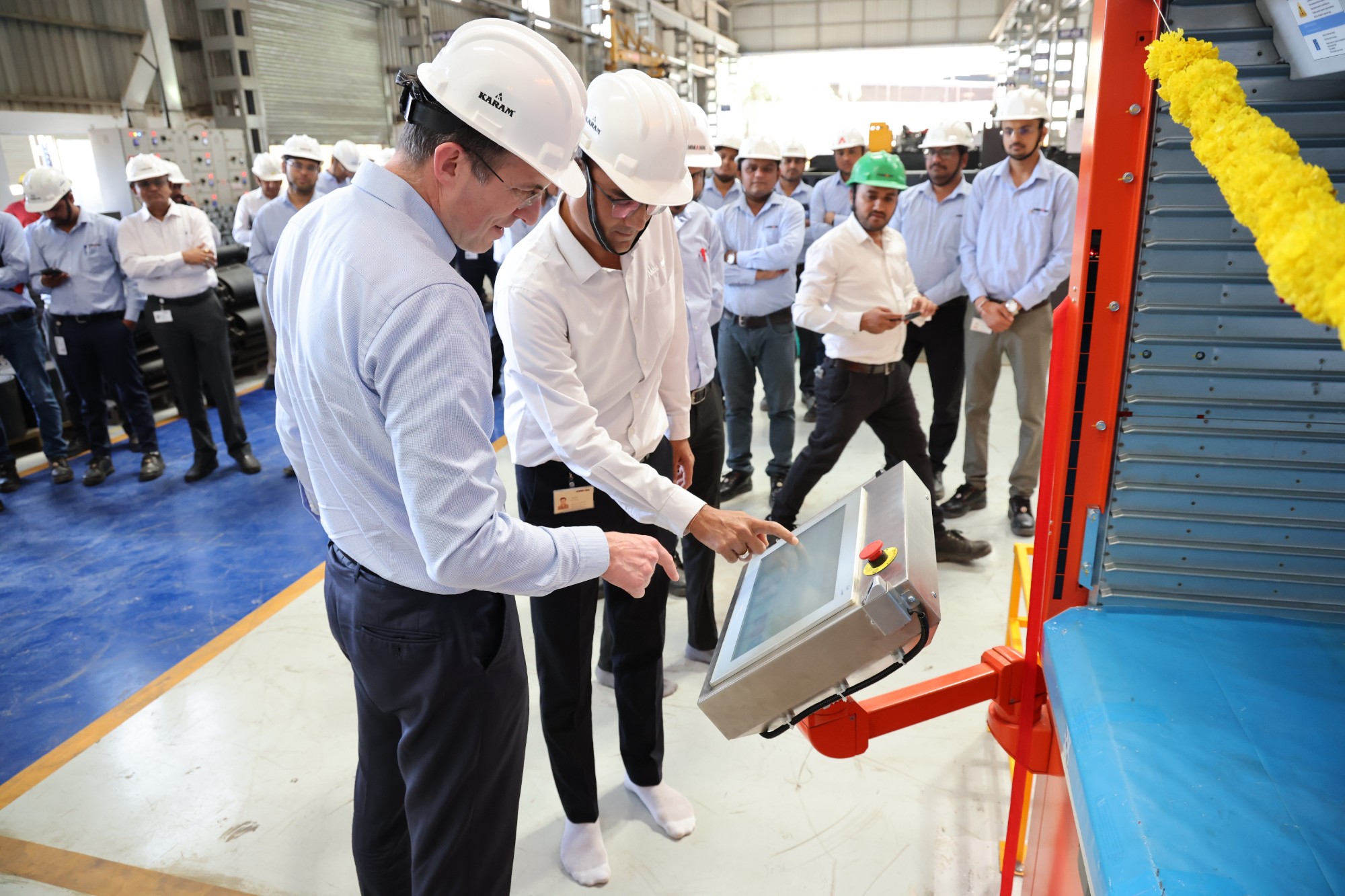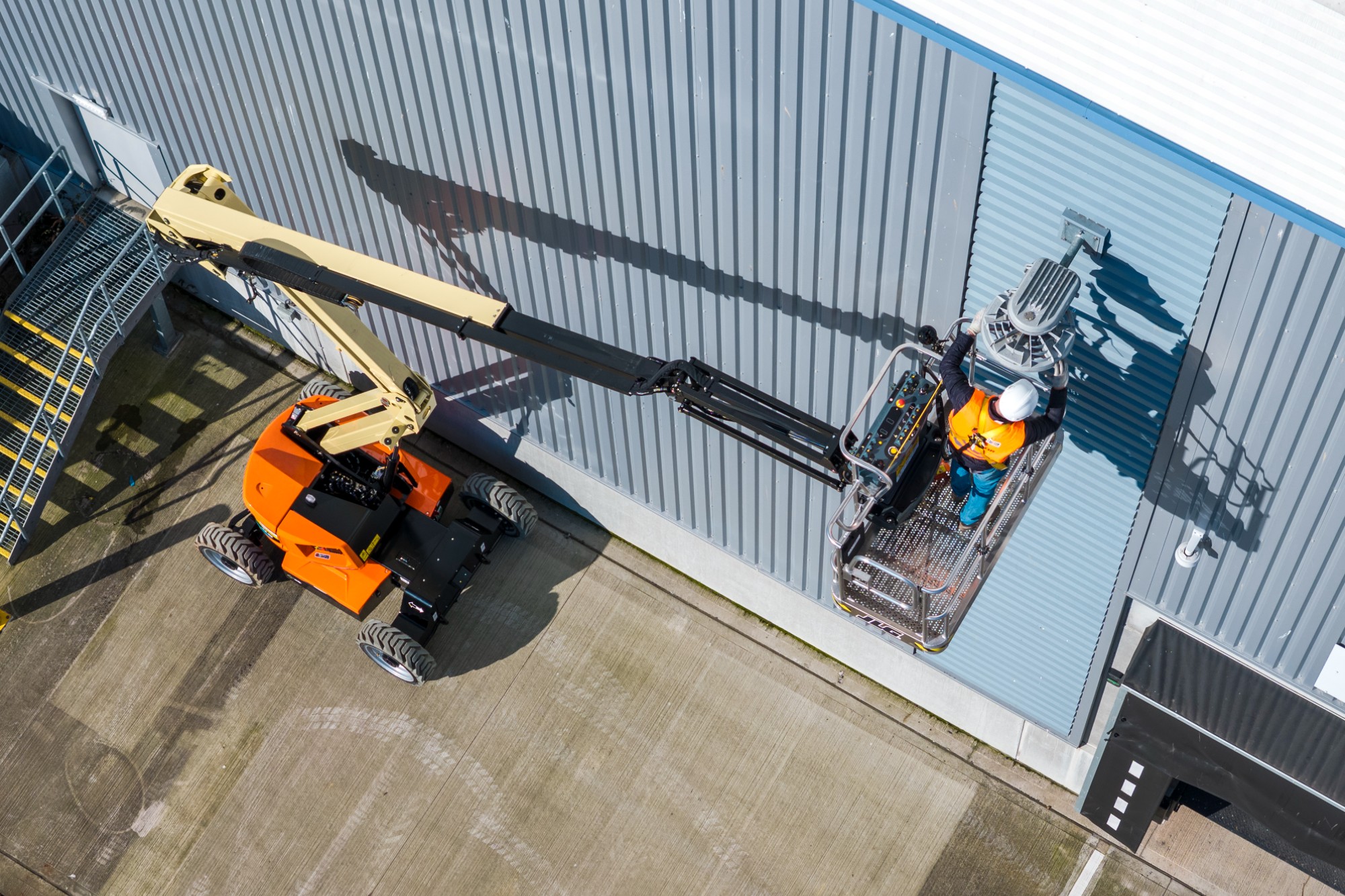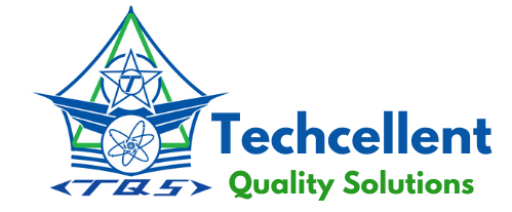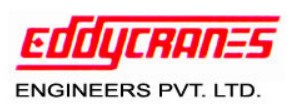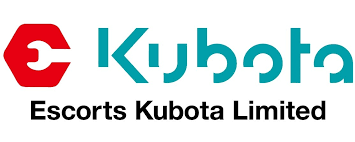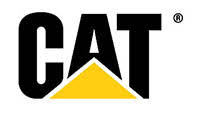Nitin Gadkari presents 5-year roadmap at Infrashakti Awards
By Edit Team | July 3, 2024 3:13 pm SHARE
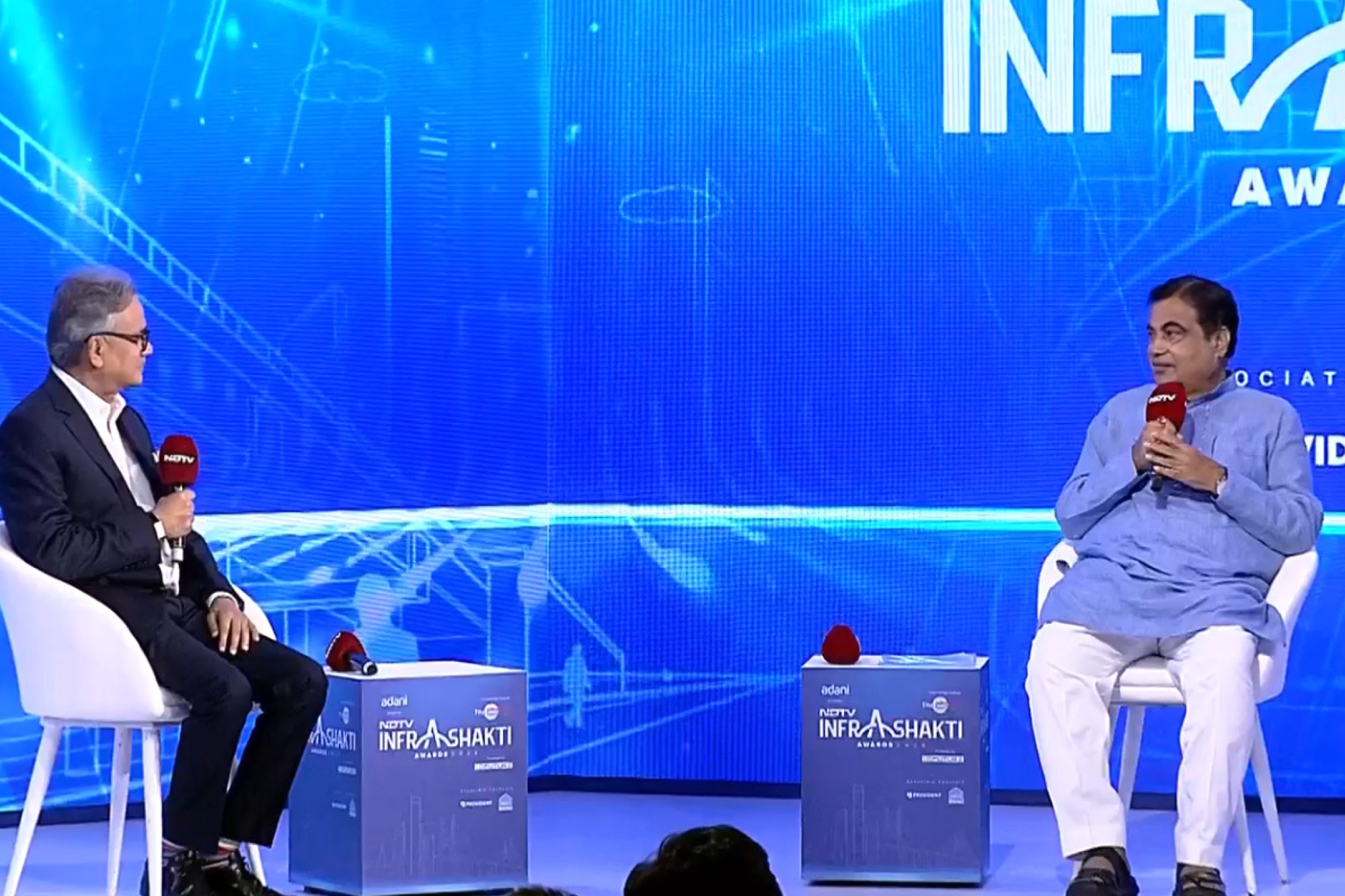
Gadkari emphasised that pollution—air, water, and land—remains the most serious concern, and the government’s principal goal is to minimise and finally eliminate it.
Union Minister for Road Transport and Highways Nitin Gadkari presented the government’s five-year infrastructure programme at the Infrashakti Awards. Gadkari underlined the Modi government’s ongoing efforts to develop India into a $5 trillion economy. Over the last decade, the government has made considerable progress in various infrastructure sectors, including energy, highways, urban infrastructure, trains, and airports, led by Prime Minister Narendra Modi. The Infrashakti Awards, organised by NDTV, aim to recognise these achievements in infrastructure development across India.
Gadkari announced a significant overhaul to the toll tax system at the event. He explained, “Now the more you travel, the more toll you will have to pay,” and revealed that the first phase of a GPS and satellite-based toll system will commence in three months, with plans for nationwide implementation.
Gadkari outlined the government’s initiatives for the third term. He highlighted that pollution reduction is a top concern, especially in Delhi, where increasing the number of electric buses will reduce pollution and save money. In addition, efforts to promote electric taxis are underway.
Gadkari also emphasised the benefits of ethanol, which may cut pollution while saving money. He stated that electric vehicles powered by ethanol instead of fuel could drastically reduce costs—from ₹ 120 for petrol to ₹ 65 for ethanol. Ethanol is being investigated as a potential alternative to grid electricity, reducing the requirement for plug-in systems to charge lithium batteries.
Expanding on biofuel, Gadkari stated, “We need to adopt a larger format with biofuel to reduce transport costs.” He stated that operating a diesel bus now costs ₹ 115, but with government subsidies, this figure could be decreased by 40 percent.
A pilot project in Nagpur, in conjunction with the Tata Group, is scheduled to begin soon. A comparable proposal, inspired by a 132-passenger tram bus seen in Yugoslavia, is being developed in collaboration with Hitachi.
The transit minister emphasised the importance of making public transit cheaper, with plans to deploy electric buses, vehicles, scooters, and CNG and ethanol-powered tractors, shortly.
For more information, visit: https://www.ndtv.com/
Cookie Consent
We use cookies to personalize your experience. By continuing to visit this website you agree to our Terms & Conditions, Privacy Policy and Cookie Policy.



